The Capital Stack
This week’s article features Brady Williams, who played a key part in making consolidation mode a success as the commercial broker listing each of the properties we sold in 2023. We are thankful for Brady’s hard work and market knowledge, which helped us achieve record sales prices and strong returns for our investors.
Can you provide a brief overview of your background and experience in the real estate industry?
I have a fun story of how I got into real estate. While traveling, I got upgraded to first class. I was only 21 at the time, and this was my first time in first class so it was a big deal to me. I was reading a book about corporate finance, and the person next to me took an interest. He was probably around 45 or so. It turns out that he was the regional vice president of D.R. Horton, which is the nation’s largest homebuilder. I was visiting Hawaii to see if I wanted to play baseball – he gave me his card, telling me he could hook me up with a house if I decided to go there. I didn’t go to Hawaii to play ball, but I did email him asking for an internship, which I got. I spent a summer in Portland, Oregon as a land acquisition intern. After my internship, I had 2 years of school left – I dove into Bigger Pockets (real estate podcast) at the time and spun my wheels trying to wholesale while in college. I flipped one contract for $2k. After college, I spent 6 months working for a real estate equity fund, as a financial analyst. I left after 6 months to move back to Michigan and started WB Consulting, LLC, which was a venture to fill the gap between developers and building financial models for their projects. After two or three years of spinning my wheels trying to get into deals, I started working for a real estate brokerage on analyzing their commercial properties for sale. This is how I got my first listing, and from there, the snowball effect began.
Once I started working for the brokerage – my first deal was through a cold call and ended up being two, 48-unit low-income housing tax credit properties located in Detroit. I had to scramble to learn what this type of asset was, as they are very complex properties that have a lot of red tape around what you can and cannot do in terms of the operations. We ended up selling the two properties to Detroit’s largest affordable housing developer. During that time, I used to track my hours for how much time I was spending on consulting, and how much time I was spending brokering. After my first year of brokering – I was making about 5x more on the time I spent brokering, vs consulting. Once I realized this – I started to wind down my consulting business, to focus 100% of my time on brokering. In my first year of brokering, I was making about $25 per hour consulting and around $118 per hour brokering. Huge difference.
Can you share your thoughts on the current real estate market and any predictions for the upcoming year?
All of my deals in 2023 were between 8 and 50 units. These smaller deals had typically traded between 6% to 7%, (even at low-interest rate times) which was able to hold strong even when rates were near 7%. Due to a large increase in rents over the past 3 years – values were protected, and sellers were able to make out well. Institutionally, sales are down tremendously. Sellers who had expectations to sell this year or the next at a 5% CAP rate will have to hold on to their assets until rates drop below 5% again. Rates typically need to be 1% to 1.5% lower than the CAP rate, in order to pencil. We are already seeing articles in the news talking about defaulting loans, and I think that we will see more of that in 2024. It won’t be until 2025 or 2026 until those defaults lead to sales, so I think we will have a very similar 2024 as we did in 2023.
Can you talk about the distinctive features of Pinehurst, Hollyvillage, and Harvard Lofts that contributed to their successful sale?
Hollyvillage and Pinehurst were two very similar deals. Both have in place stable NOI, with potential, proven upside. When the seller has already done most of the value add, with a proven renovation plan and rental increase, it makes it much easier to show a buyer how to increase the rents. Rather than relying on a market study, I was able to take what Tory had already done and apply it to the rest of the building, to come up with a pro forma CAP rate. We sold both of these deals around a 6% to 7% CAP rate (stabilized on the entry) with proven meat on the bone.
Harvard Lofts had been 100% renovated, so the property was in perfect condition. This made it very easy to show since the owners would have nothing to do once they purchased the property. The location of Harvard was also a very distinctive feature. I got more calls on this building over 3 weeks of marketing than I did for Pinehurst and Holly – because of Royal Oak and being near the Hospital.
Could you share a success story or a particularly satisfying moment from your collaboration on these properties?
Pinehurst and Holly were both sold to a local operator in the area. I think that both the buyer and the seller got a fair deal – in which both sales set the record for the highest price per unit, but the new buyer will be able to increase value by light renovations and rental increases. Having all parties satisfied with a transaction is always satisfying for the broker.
Harvard also broke the record for price per door in Royal Oak, for a vintage property. This was a satisfying sale as nothing had come even close to $200k per door.
Were there any key contributors to each property’s successful sale?
The successful value add strategy from the seller is what contributed to the successful sale of all three properties. Multifamily trades on in-place CAP rate – not pro forma CAP rate. Pinehurst and Holly both had proven value add components, so there was no guessing what the CAP rate would be once fully stabilized unless operations changed. A lot of property owners go in and increase rents, but don’t spend money on the property to justify it. The increased rents happened due to really nice renovations for Pinehurst and Holly. A seller can point to NOI and say that my property is worth a 6% CAP rate, but if the property needs a ton of CAPEX, that is also a factor in how much someone can pay (less, obviously). Harvard had no deferred maintenance or no additional CAPEX needed. If the property needed another $100k of work, it wouldn’t have been able to trade at a stabilized CAP rate.
Real estate often comes with challenges. Can you share a challenging situation you encountered with one of these properties and how you successfully navigated it?
During Holly and Pinehurst – interest rates were changing every day. They were fluctuating between 5% and 6%, which was a big deal because it would affect proceeds by almost 10%. We were dealing with a smaller operator with their own money. Fortunately Mike Lemon, (District Capital Detroit) to no surprise was super on top of getting both of these loans done and rate-locking them at the perfect time. Both loans were just over 5%, which ties out my theory of CAP rates needing to be around 1% to 1.5% higher than the interest rate.
In a competitive market, what do you believe sets you apart as a real estate professional, and how does this benefit your clients?
Real Estate Deal Side:
I work by myself on every single deal. This means that I handle every single aspect of the sale, to make sure that the transaction actually happens and that nothing is missed. When I am talking to buyers – I know every single thing about the property, because I have lived and breathed it for a month before it goes to market. There isn’t a question that I can’t answer. Even after we pick the buyer – I am working with Title, attorneys, property managers, lenders, and the buyer to make sure that the transaction goes through.
I also own an apartment building myself and self-manage it. I have real-life experience on how to manage a building and tenants, which I can relay to a buyer.
Client Side:
I take the real estate deals that I sell personally as I would with my property. People who hire me to sell their properties have told me that they realize how important each sale is to me, and the attention to detail that I take. This is why I would say that 100% of my real estate clients are not only colleagues but friends.
What upcoming trends or changes do you anticipate in the real estate market, and how do you plan to address them?
Tech is the largest trend or change that will affect real estate in my opinion. AI is a threat to replace people’s jobs, but that should only help my business. I can now have the computer write smooth, compelling stories for OM’s. I still have to feed it the data so I will know all about the deal, but the computer will fill in the rest. I have heard that some people think that brokers will be replaced by auction sites, AI, and blockchain technology. Estate Auctions have been happening since the beginning of selling real estate – just because it is online and marketed now, doesn’t mean that brokers are going to be replaced. Someone still has to call the client and have a relationship, and I don’t see that personalization being replaced.
Any closing thoughts?
These deals could not have been completed without the successful value add strategy by the owner (Sheffer Capital). Not just increasing rents, but actually improving the property through interior and exterior renovations. NOI is the most important factor in value, but without investing capital into the physical aspects of the property as Sheffer Capital did, these sales would not have been able to fetch the pricing that they did.
Major Market News
Newly formed Real Estate Funds target distressed assets
According to an article by The Real Deal Eagle Property Capital Investments and Promecap have successfully raised $309 million for an investment fund targeting multifamily properties in Sun Belt states, a venture aimed at acquiring approximately $883 million worth of apartment complexes, buildings, and communities. Headquartered in Miami and Mexico City, respectively, Eagle Property and Promecap focus on properties that offer a discount and can be strategically repositioned. Since launching the fund in 2021, the joint venture has already acquired 10 multifamily properties, including three apartment communities with 850 units in the Dallas-Fort Worth area. In a notable trend, other Miami-based investment firms, including Highline Real Estate and 13th Floor Investments, have recently established funds targeting distressed multifamily properties, indicating a broader industry interest in strategic real estate investments at discounted prices.
Source: The RealDeal. (2023, Nov 30th) Miami-Mexico City joint venture raises $309M for multifamily acquisitions. https://therealdeal.com/miami/2023/11/30/miami-mexico-jv-raises-300m-for-multifamily-acquisitions/
Tips and Tricks
Tips-
Partner with Industry Experts- As a licensed broker in Michigan, I am frequently asked why I don’t personally list and sell the properties we own. While I have the means and resources necessary for successfully selling the properties, I believe it’s best to divide and conquer. This strategy allows me to maintain my focus on finding our next acquisition, while Brady utilizes his connections and full-time focus on the brokerage side to achieve the highest sale price possible.

